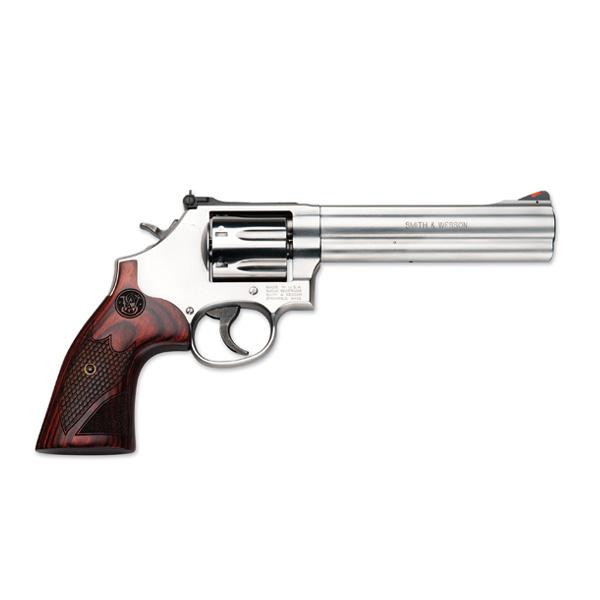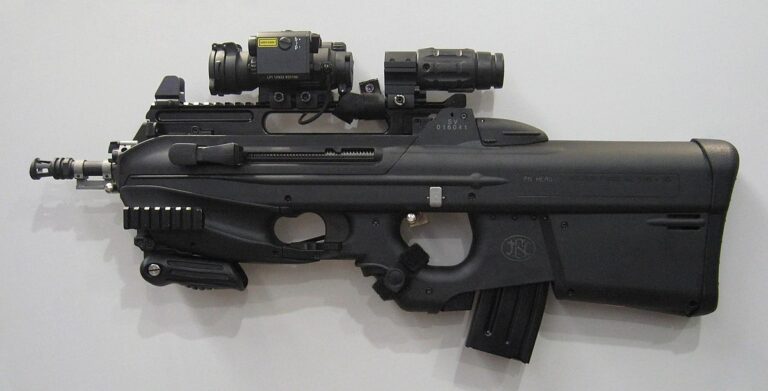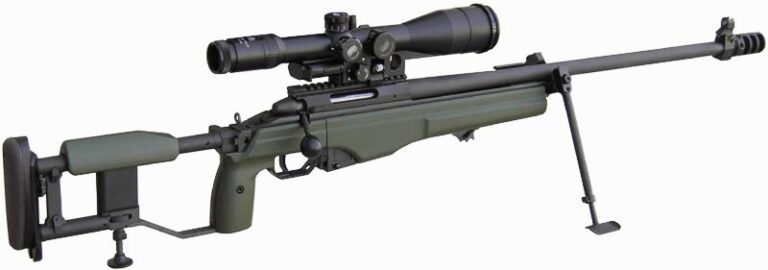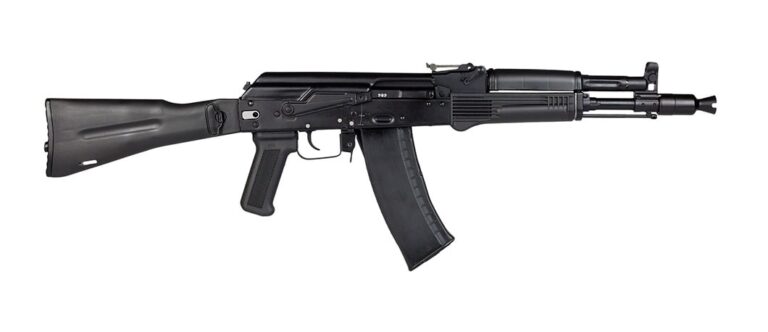Introduction
The Walther PP (Polizeipistole) is one of the most famous and influential semi-automatic pistols of the XXᵉ century. Designed in Germany by Carl Walther GmbH, it was introduced in 1929 to meet the needs of police forces and security services. Such was its success that it laid the foundations for an entire generation of modern compact pistols.
Appreciated for its reliability, advanced mechanical safety for its time, and compact size, the Walther PP was widely used around the world by both law enforcement and civilians. It gave rise to an iconic series, including the Walther PPK, immortalized in fiction thanks to the famous agent 007.
Creation context
In interwar Germany, police forces needed a handgun that was compact, reliable and easy to conceal, without sacrificing safety. The Walther PP is designed to meet these requirements, introducing major innovations for the time:
An automatic safety system combined with a manual safety system.
Visible external dog with secure disarming.
A simple, intuitive double/single action mechanism.
These features make it a revolutionary weapon in its class.
Technical specifications
| Features | Detail |
|---|---|
| Caliber | .32 ACP (7.65 mm Browning), .380 ACP |
| Capacity | 7 to 8 shots depending on caliber |
| Total length | 170 mm |
| Barrel length | 98 mm |
| Weight (loaded) | Approx. 710 g |
| Mechanism | Single and double action (DA/SA) |
| Materials | Steel (frame and cylinder head) |
| Safety system | Manual safety + dog disarming |
Design and ergonomics
The Walther PP was the first commercially successful pistol with a DA/SA (double-action/single-action) mechanism, enabling the first bullet to be fired without manually cocking the hammer.
Its sleek, compact design is designed to :
Discreet wear (civilian clothes or uniform)
Comfortable to hold despite its small size
Proven mechanical reliability, even in conditions of prolonged wear
Enhanced safety, thanks to several in-house systems
Walther PP variants
Walther PPK (Polizeipistole Kriminalmodell)
Shorter, more compact version of the PP, introduced in 1931. It became even more popular than the original model, especially for civilian wear or by officers.
Walther PPK/S
Created to circumvent US restrictions on the minimum dimensions of imported handguns, the PPK/S version combines the PP frame with the PPK breech. Heavier, but more acceptable in the eyes of American legislation.
Walther PP Super
Modernized 1970s version in 9×18 mm Ultra caliber. Intended to compete with modern handguns with a more powerful caliber, but without much commercial success.
Historical and contemporary use
The Walther PP has been used in many contexts:
German police forces from 1929
Wehrmacht and Luftwaffe officers during World War II
Secret services and intelligence agencies worldwide
Politicians and civilians in search of a reliable, discreet weapon
Its image has been widely disseminated in popular culture, especially thanks to James Bond, who uses a Walther PPK from the very first films, reinforcing the prestige of the series.
Comparison with other historical compact pistols
| Model | Gauge | Capacity | Mechanism |
|---|---|---|---|
| Walther PP | .32 ACP | 7 | DA/SA, securities |
| Colt 1903 | .32 ACP | 8 | Single action |
| Makarov PM | 9×18 mm | 8 | DA/SA, inspired by PP |
The Walther PP is distinguished by its DA/SA mechanism and manual safety with hammer disarming, a considerable advance for its time.
Heritage and collection
Today, the Walther PP is a highly sought-after collector’s pistol. Original pre-war models and vintage German productions are particularly sought-after.
Sport shooting: Its smooth recoil and natural accuracy make it a pleasure to use.
Collection: Some models, particularly those marked “Nazi”, or early models in perfect condition, can reach high values.
Modern production: Walther has relaunched licensed versions in Germany and the USA, retaining the iconic design.
Conclusion
The Walther PP is a legendary pistol. The first to combine double action, advanced safety and compactness, it has profoundly influenced the development of modern handguns. Used by law enforcement, secret services and civilians, and immortalized in film, it embodies a history of German elegance, discretion and efficiency.
Still sought after by collectors, it remains an essential symbol of XXᵉ century gunsmithing design.








